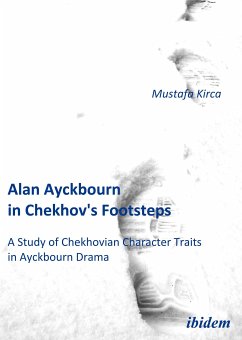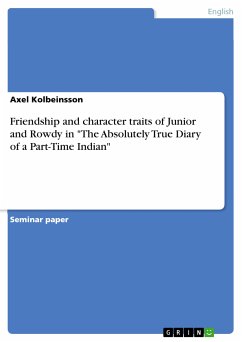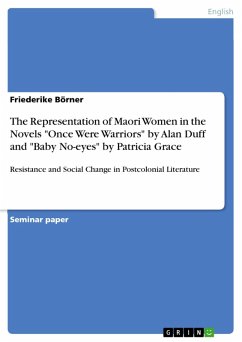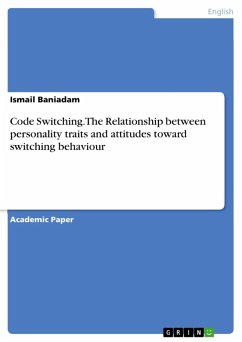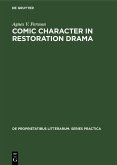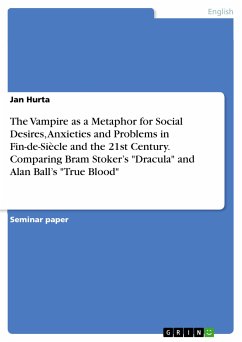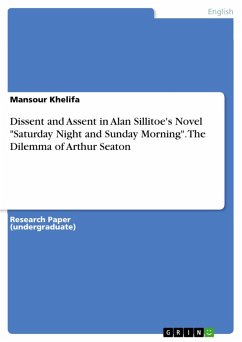Mustafa Kirca explores the dark sides of Alan Ayckbourn's comedy by comparing the playwright's characters with those of Chekhov's drama and drawing a parallelism in the character portrayal of both artists. The significance of Ayckbourn's plays, following Chekhov's footsteps, particularly lies in his vivid portrayal of characters from everyday life with psychological depth. Kirca shows that the fine mix of comedy and tragedy in Ayckbourn's drama is conveyed through his realistic characterization contrary to the farcical style of his plays. This kind of character portrayal in Ayckbourn's plays brings him very close to Chekhov and establishes the known equilibrium between comedy and tragedy in his theatre. The study covers Ayckbourn's Absent Friends, Just Between Ourselves, Joking Apart, Season's Greetings, Woman in Mind, A Small Family Business, and Henceforward. From Chekhov's drama, The Seagull, Uncle Vanya, The Three Sisters, and The Cherry Orchard are included to define the general Chekhovian character traits. The book is especially interesting for teachers, students, and for general readers who are interested in modern 'human comedies'.
Dieser Download kann aus rechtlichen Gründen nur mit Rechnungsadresse in A, B, BG, CY, CZ, D, DK, EW, E, FIN, F, GR, HR, H, IRL, I, LT, L, LR, M, NL, PL, P, R, S, SLO, SK ausgeliefert werden.

